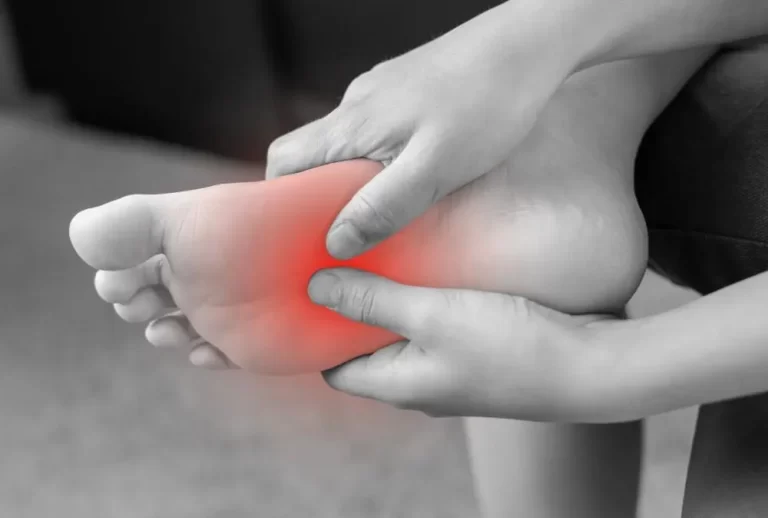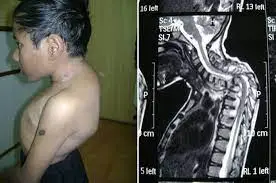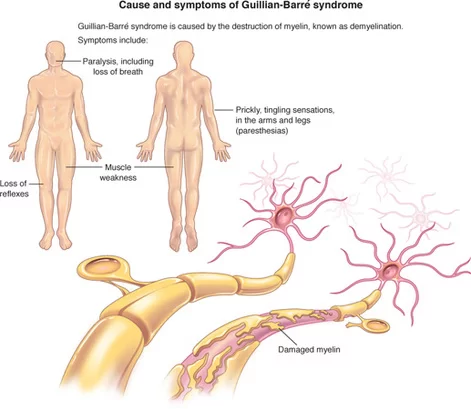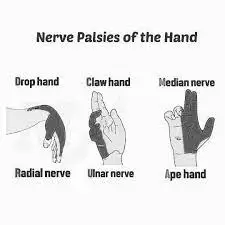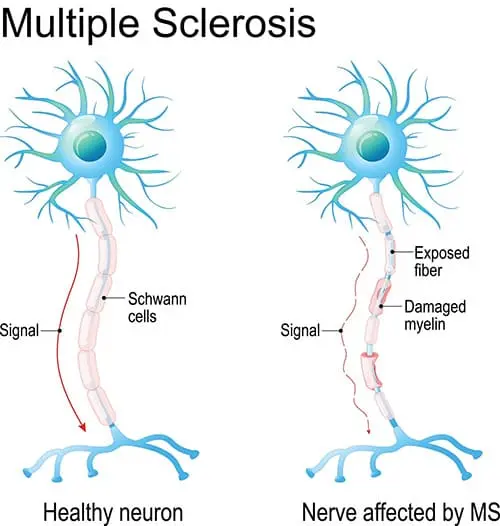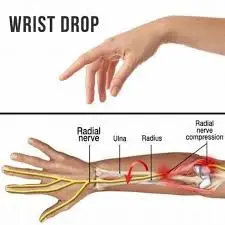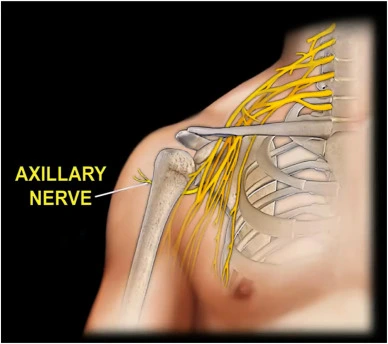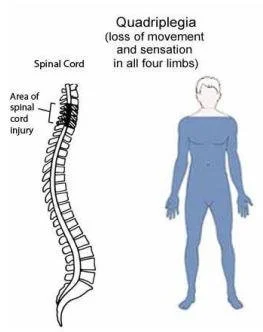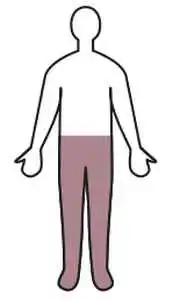Alcoholic Neuropathy
Introduction Alcoholic Neuropathy is a condition characterized by nerve damage resulting from chronic and excessive alcohol consumption. It primarily affects the peripheral nerves, leading to symptoms such as numbness, tingling, pain, and muscle weakness, typically in the limbs. Alcohol’s toxic effects on nerves, combined with nutritional deficiencies (especially B vitamins) common in heavy drinkers, contribute…

